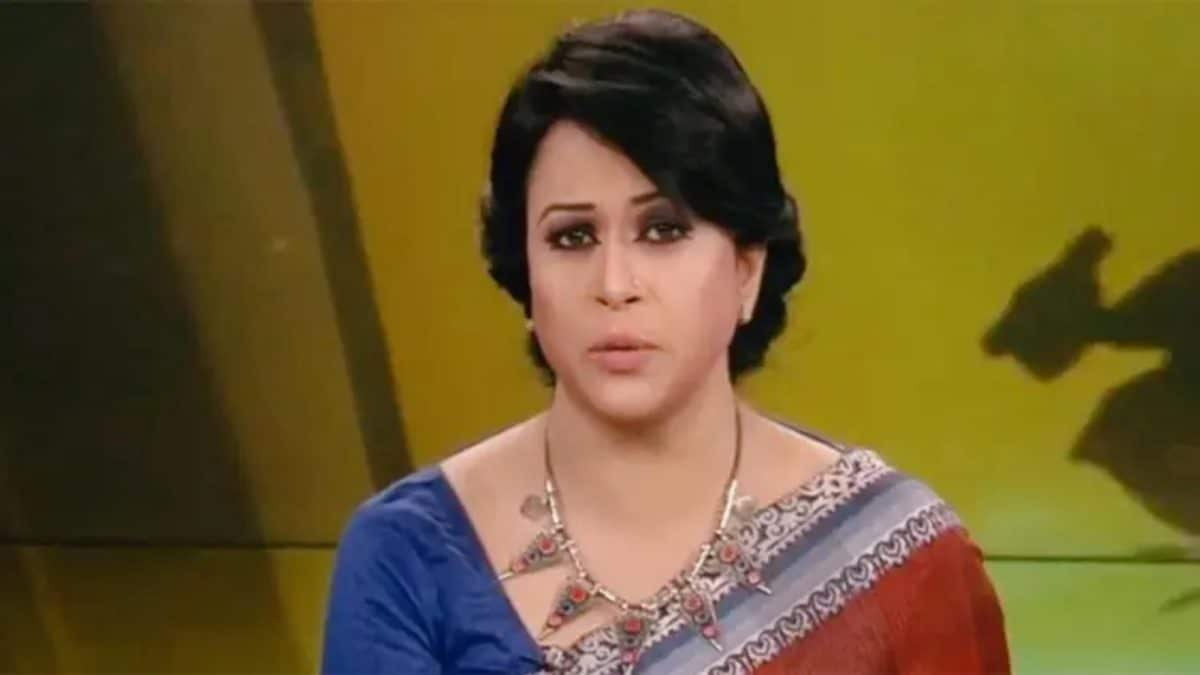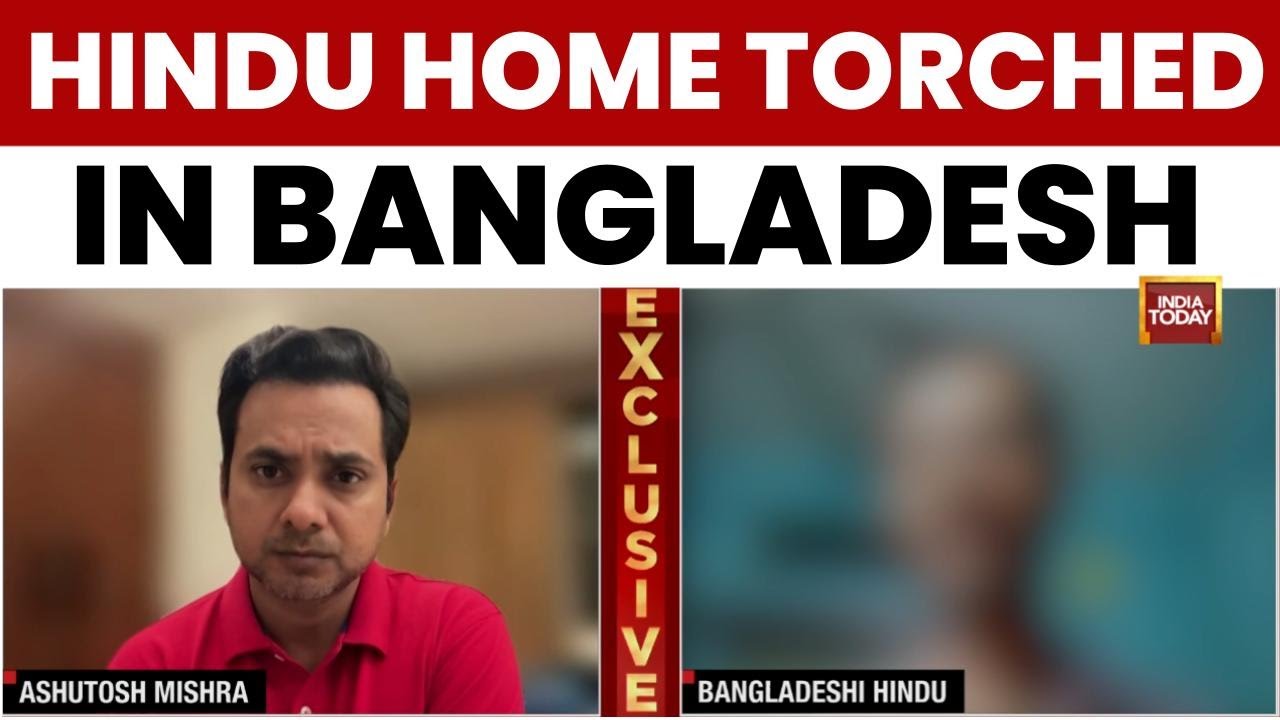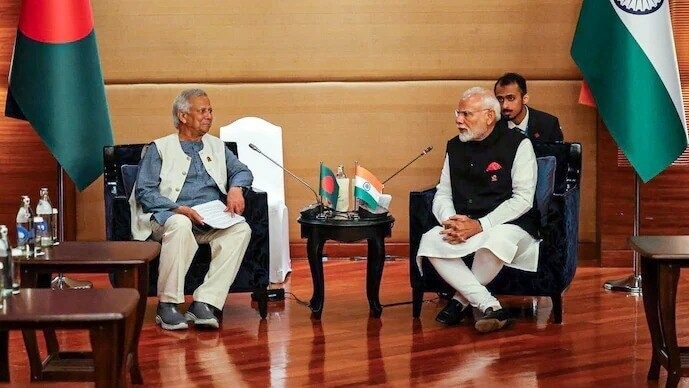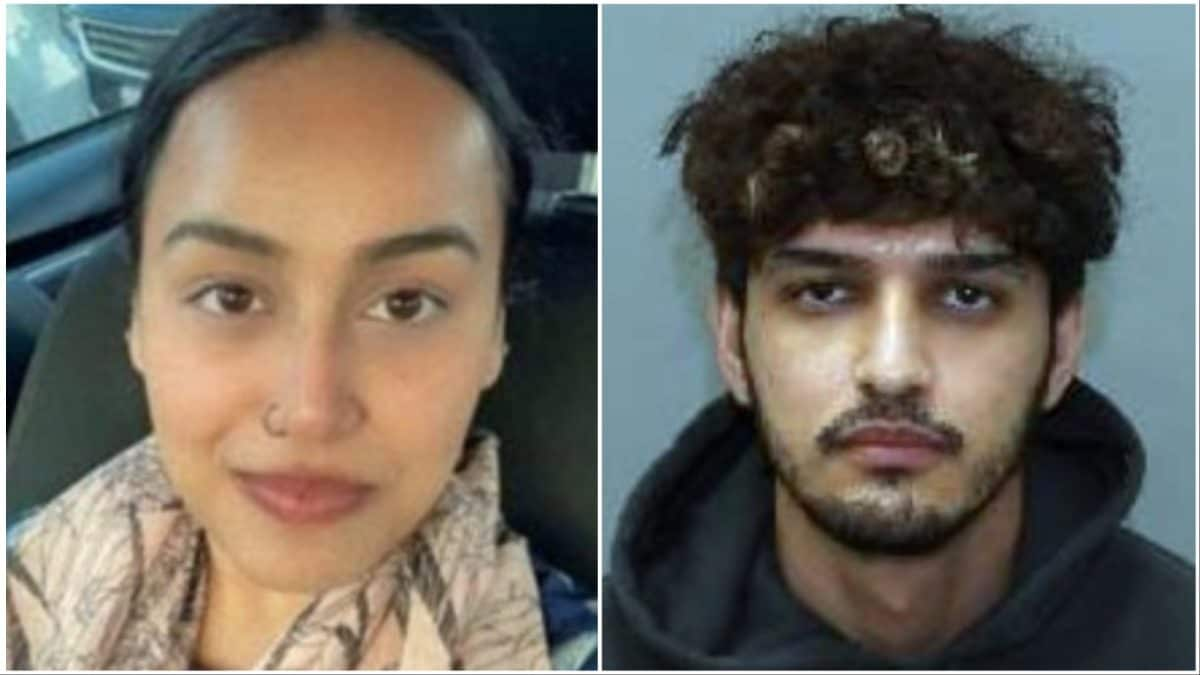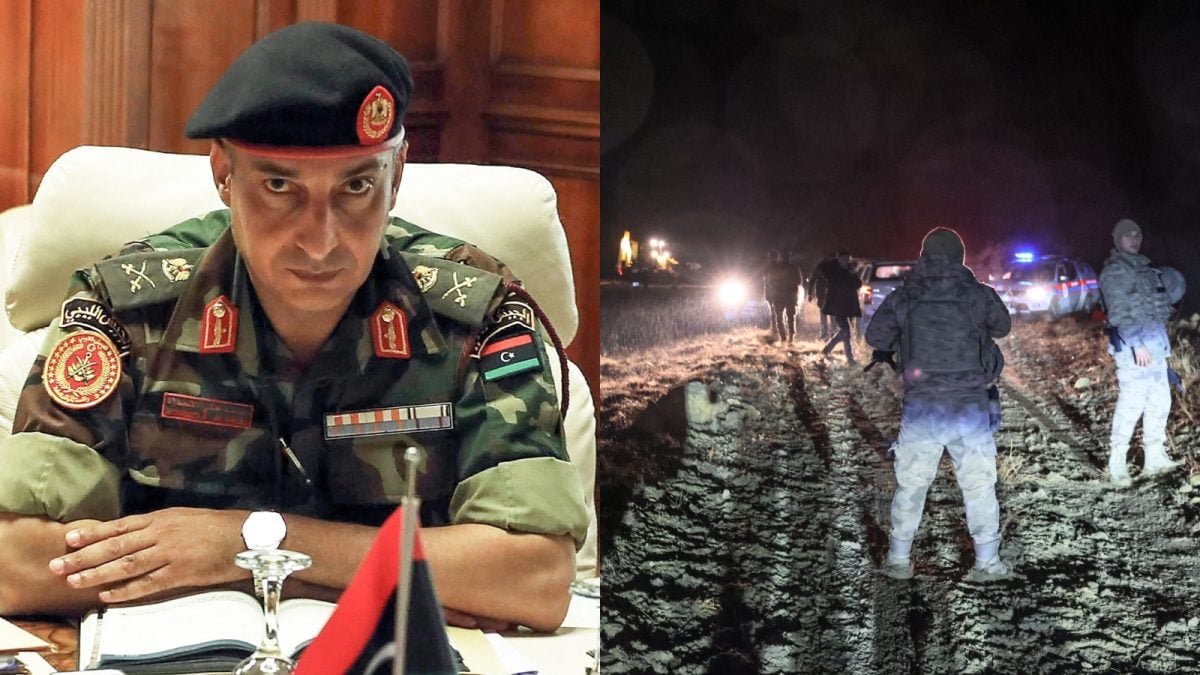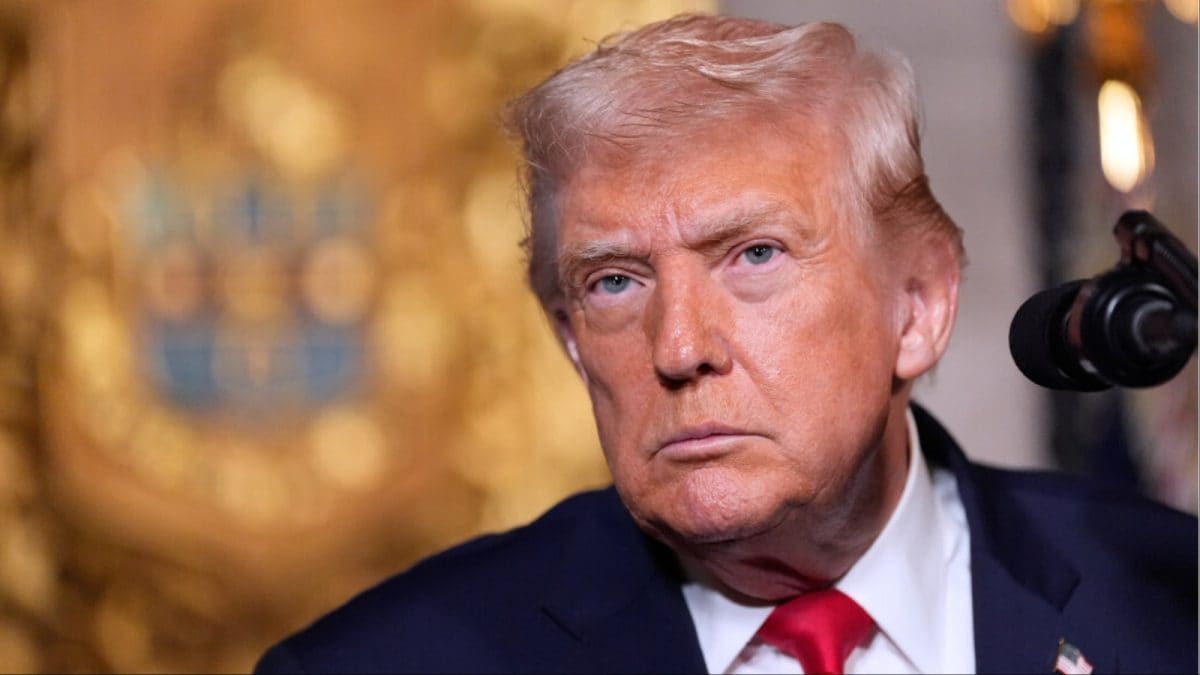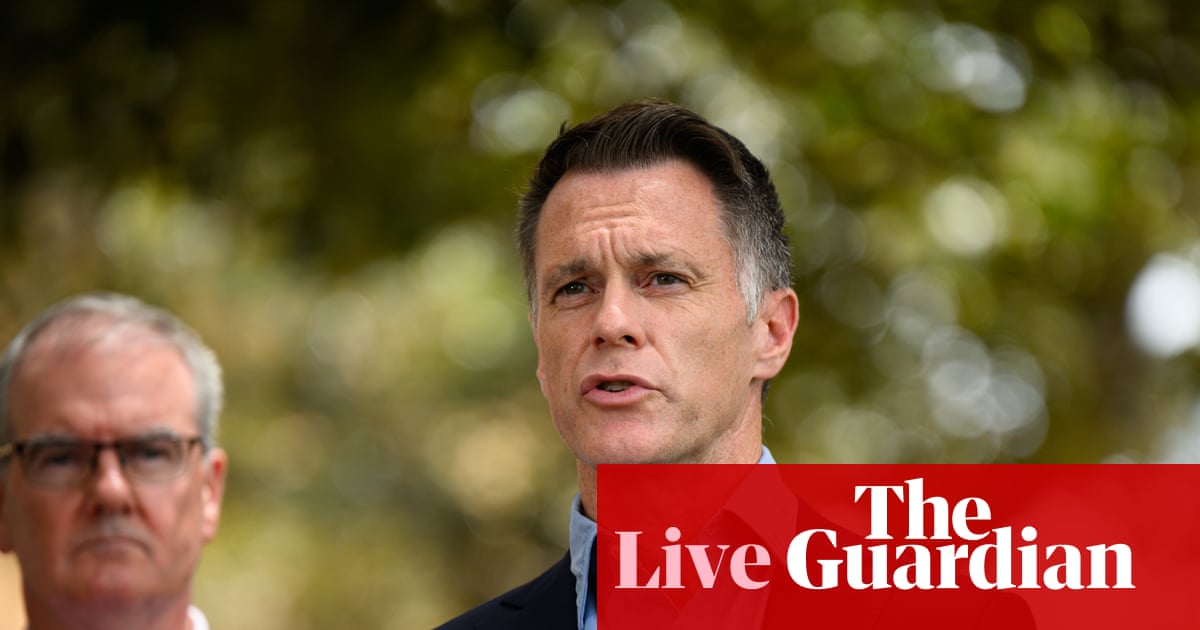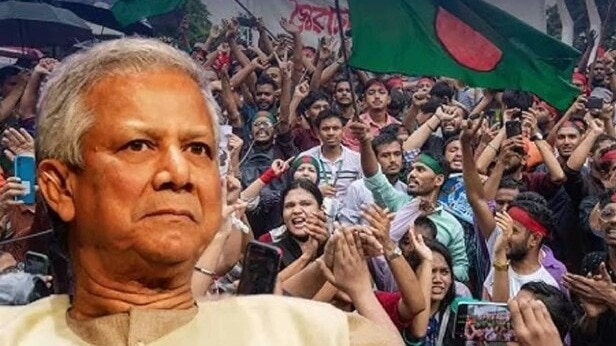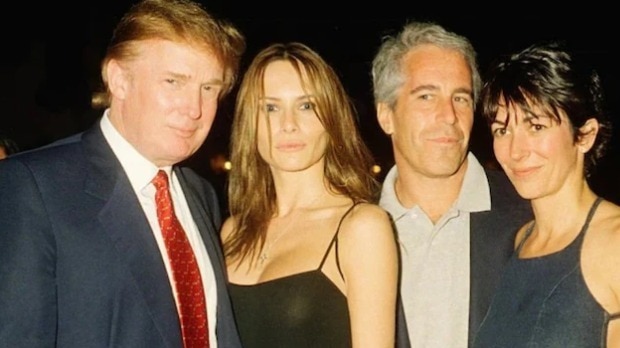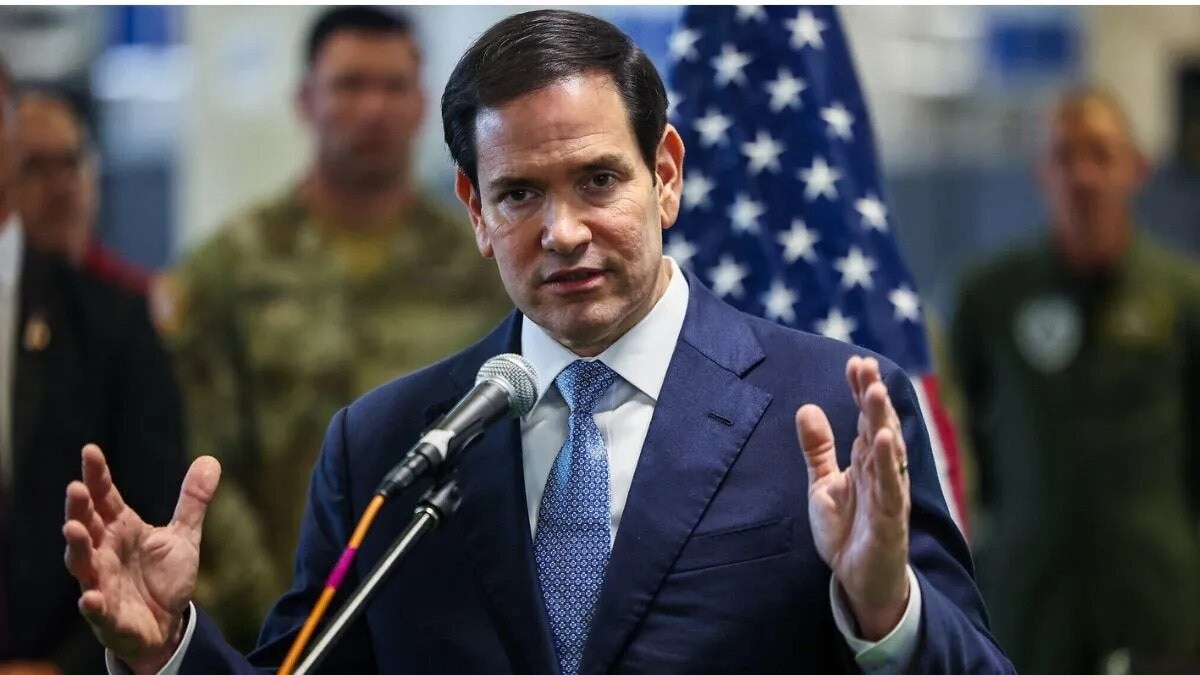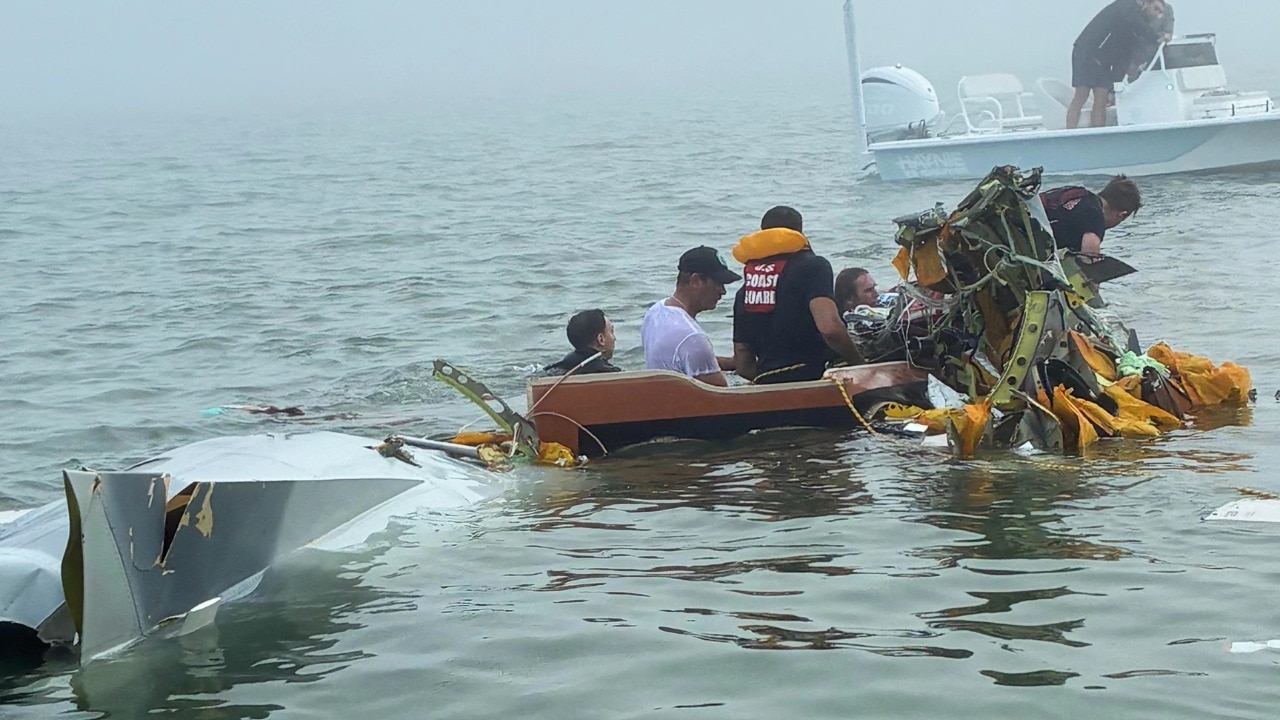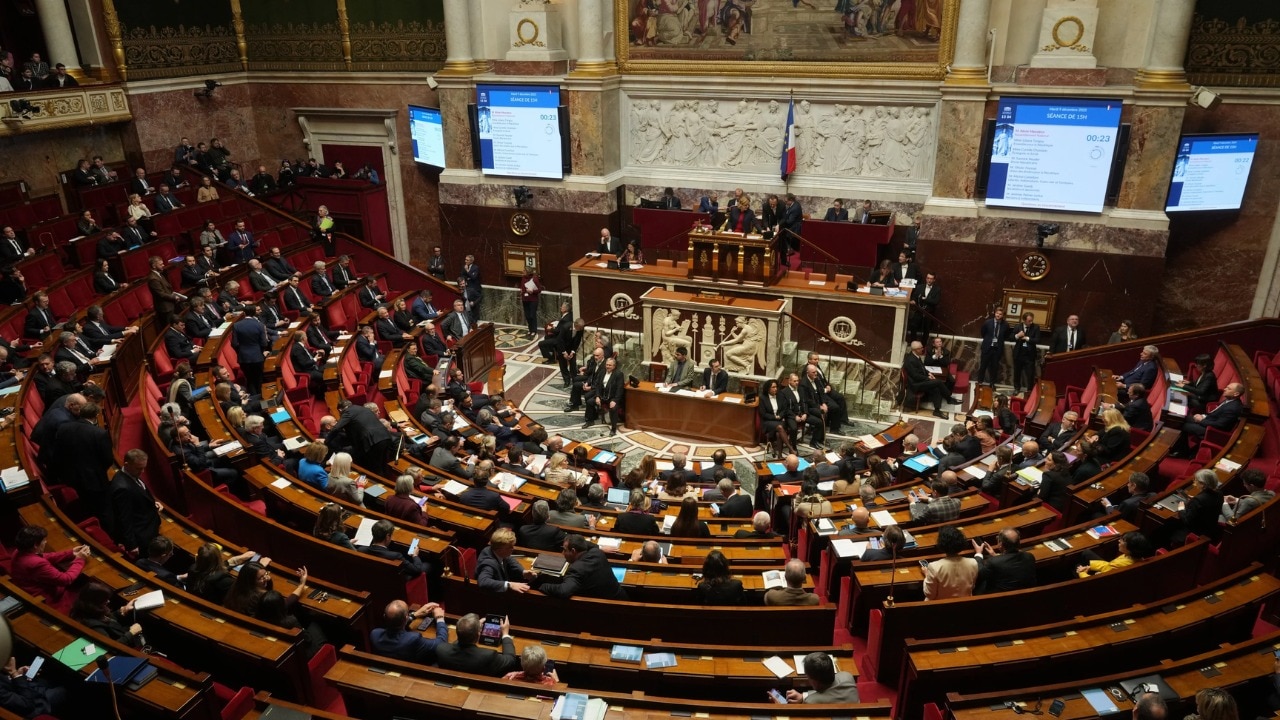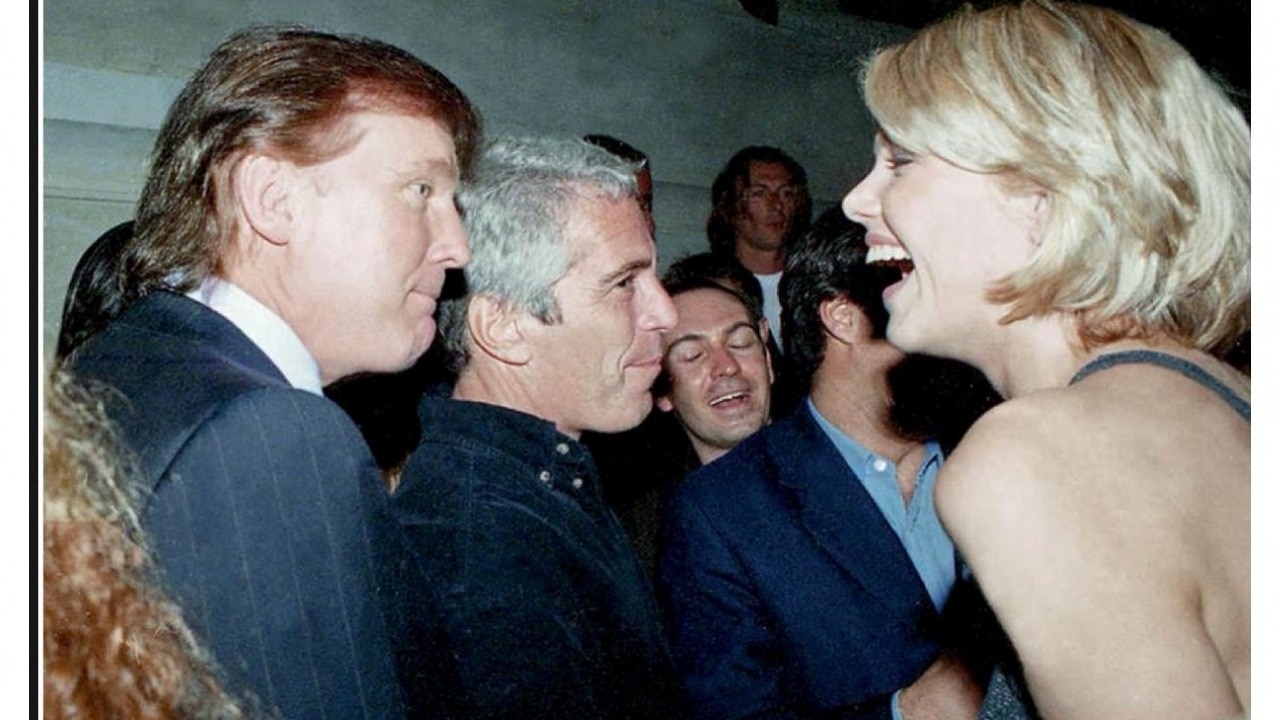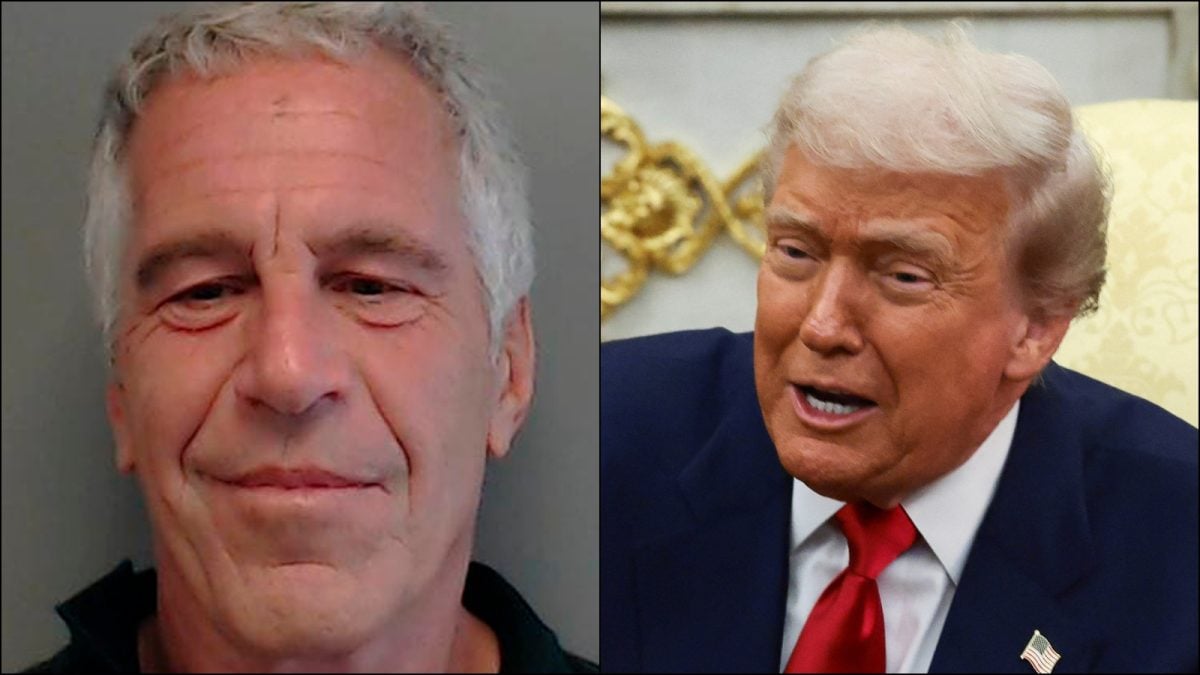Key players and main issues in the Dutch snap poll

Jon Henley
If you fancy a quick reminder of who are the key players and what’s at stake in the Dutch election, we have got this helpful explainer for you, by our Europe correspondent Jon Henley.

The early legislative elections were triggered by the collapse in June of the 11-month-old government after the far-right firebrand Geert Wilders pulled his Freedom party (PVV) out of an already fractious and highly ineffectual ruling coalition.
The PVV had finished a shock first in the last election in late 2023 and after more than six months of talks formed a fragile four-party rightwing coalition with the populist Farmer-Citizen Movement (BBB), centrist New Social Contract (NSC) and liberal-conservative VVD.
Wilders’ partners, however, considered him too toxic for the job of prime minister, which went to a former intelligence chief, Dick Schoof. Wilders, an anti-immigration polemicist who has lived under police protection for two decades, resorted to sniping from the sidelines.
He pulled the plug on 3 June after the partners refused to adopt a radical 10-point anti-immigration plan that included enlisting the army to patrol the borders, turning back all asylum seekers, closing most refugee hostels and sending home all Syrian refugees.
While support for the PVV has dipped, polls suggest the far-right, anti-Islam party is again likely to win the most seats in parliament. However, the main Dutch political formations have all ruled out entering into a formal coalition with Wilders.
At least 16 parties are forecast to enter parliament but none to win more than about 20% of the vote.
As ever, the next Dutch government, generally an influential player on the EU and world stage, will emerge only after coalition negotiations that could last months.
There are 150 MPs in the Dutch parliament, meaning a government needs 76 seats to form a majority. No single party ever manages this, and the Netherlands has been governed by coalitions for more than a century.
Key events Show key events only Please turn on JavaScript to use this feature
D66 supporters erupt in joy after first exit poll results
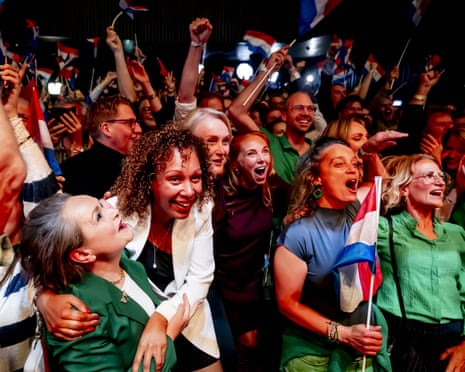
And here is D66’s leader, Rob Jetten, arriving at the results party earlier tonight …
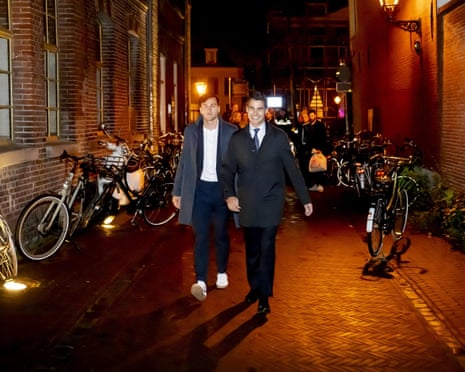
If you’re wondering just how difficult the coalition talks could get in the coming months, the exit poll suggests there may be as many as 15 parties in the next parliament.

Jakub Krupa
I just need to stress our usual caveat applicable to all election nights, but even more important tonight as the complex setup makes it really difficult to make perfect predictions: this is only the exit poll, and it has a margin of error that makes it effectively “too close to call”.
If D66 is confirmed as the largest party in the next parliament, it will be a historic result for them – the party has never been in that position before, AD notes.
Centrist D66 party provisionally expected to win most seats, but 'too close to call'
Centrist D66 party is expected to win the most seats in the new parliament, with 28 mandates – up from just nine in 2023, NOS exit poll has showed.
Wilders’ PVV is projected to come second with 25 seats, 12 down from 2023.
VVD is projected third with 23, GroenLinks-PvDA fourth with 20, and CDA fifth with 19.
The exit poll has the margin error of up to three seats, so NOS says it’s “too close to call”.
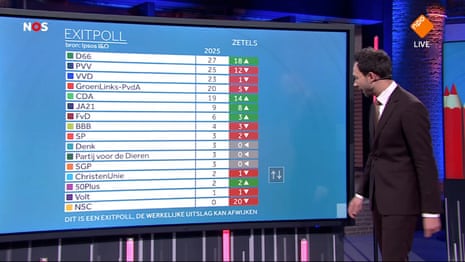

Jakub Krupa
The exit poll is imminent now.
I will bring you the numbers as soon as we have them.
'Neck and neck race' between four parties, pollster says

Senay Boztas
Pollster Bart Koenen, who works for Verian on polls for EenVandaag, told the Guardian a bit earlier that the result was on a knife-edge.
“It’s going to be exciting.
The two national polls that followed ours showed the PVV is in decline and that it’s going to be a neck and neck race between the PVV, PvdA/GL, CDA, and D66.”

Senay Boztas
in Rotterdam
Lisa Vliegenthart, 32, from Rijswijk and 27th on the list for election for GreenLeft-PvdA, said that she came from a family of PVV voters who believed that it was no longer the answer.
“I come from a typical working-class family. My father is a tram driver, my mother works in a nursery and my brother in the building industry – it’s a typical example.
“I come from a family that used to feel seen and heard by Wilders – but for some years has realised this is not the way. The way is to do it together, to have solidarity with each other. And I see that in the story of GreenLeft and the PvdA coming together. I am hearing that people really believe in this.”
Mart, a party volunteer who did not want to give his second name, said it might be tricky to know the final result until the definitive count. “It is so close, we will probably know tomorrow morning,” he said.
It’s a tense time.”

Senay Boztas
in Rotterdam
Back at the GreenLeft-PvdA alliance’s election party in Rotterdam, Outkast’s hit “Hey Ya” just played out loud, followed by Bobby McFerrin’s “Don’t Worry Be Happy” (“Every little thing is gonna be alright”), and the big screen reads “Going forward together.”
Let’s see what’s the mood is like when the exit poll comes in just a few minutes.
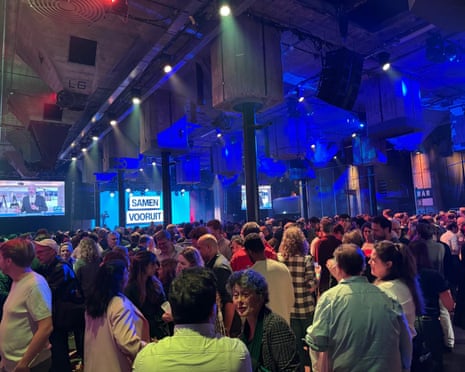
Dutch exit poll expected soon – but how accurate is it?

Jon Henley
Europe correspondent
Just after polls close at 9pm CET (8pm GMT), public broadcaster NOS and the RTL private broadcaster will release their exit poll, based on votes from 65 polling stations selected by pollster Ipsos I&O to provide “a good cross-section of all polling stations in the Netherlands”.
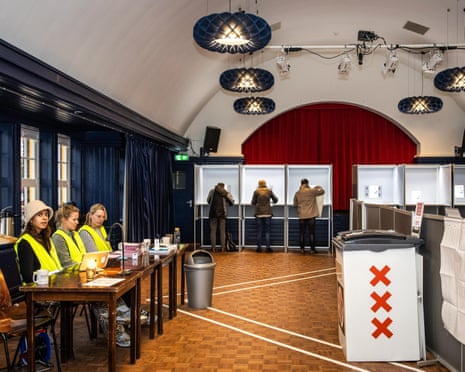
The exit poll is in effect a mini-election, in which about 75,000 statistically representative voters are asked to cast a second ballot, the same as the first but in the pollster’s box rather than the polling station’s.
Given the large number of participants, the poll is reasonably accurate – but it is often out by one or two seats per party. In the previous 2023 elections, for example, the PVV won two more seats than predicted and D66 three fewer.
If one party is well ahead, this obviously does not make too much of a difference to the outcome. But this year the margins are very tight, with the three leading parties all forecast to win roughly the same number of seats.
Wilders’ PVV is put at between 24 and 28 seats, the green-left/Labour alliance GL/PvdA between 22 and 26, and the liberal-progressive D66 between 21 and 25 – and a difference of just one or two seats from the exit poll could, potentially, be crucial.
Just to bring you more expert voices, Katja Bego of the Chatham House thinktank said in her pre-election analysis that “though foreign policy topics may so far not have featured prominently on the campaign trail, there are likely to be shared priorities” for a potential coalition of more moderate forces.
She said:
“Under the Schoof government, the Netherlands remained one of Ukraine’s staunchest financial backers, but lost its seat at the table when it came to the diplomatic and strategic side of European security debates. While well-connected Rutte allowed the Netherlands to punch above its weight in Brussels, newcomer Schoof’s lack of profile and party safety net, as well as coalition divisions, saw him relegated to the sidelines on issues ranging from Gaza to Ukraine.
“CDA, D66 and GroenLinks-PvdA have all said they want the Netherlands to be more visible in the international arena again.
“The three parties in question have also all committed to increasing defence spending to the new Nato norm of 3.5% until at least 2030, and will likely continue the previous two governments’ line on rearmament …
“Unlike elements of the previous government, a middle coalition would also generally support further European integration.”
Centre-left Green Left/Labour 'very tense, but very hopeful' of good election result

Senay Boztas
in Rotterdam
In a former grain warehouse in Rotterdam, Frans Timmermans’ GreenLeft-PvdA alliance was expecting 2,000 guests – voters, MPs, hopefuls and campaigners.

Clustering in the three large rooms, people said that the close polls made it a tense night.
Esmee Lahlah, one of the party’s best-known MPs, and second on the list, said:
“It is very tense, but also very hopeful. Of course, we are in our bubble where all of our family and friends say they will vote for us, but it’s also nerve-racking.
[The PVV] is really dropping, so I hope that by the end of this evening, we can say that it is the end of the Wilders era. I really hope so. Populists really appeal to people’s gut feelings – but you hope that people see that this isn’t the answer.
I’m hopeful [that Timmermans will be prime minister]. I have met a lot of people who say he would be a suitable leader. You have politics with a small p and politics with a big P and he is a big P politician.”
Lisa Westerveld, another MP at the top of the list, said that she had heard many people who do not normally vote have gone to the polls.
“I was called by one of our volunteers from our football club, a man from Somalia – and he said that his mother and sister were going to vote for the first time… They feel that the sentiment against people of colour is growing, when they are just part of this society. It was a hopeful moment.”
She showed another text message from a homeless young man saying he had heard her in a debate and would vote for her because her “heart had made such an impression on him”.
She said: “This was a man who had completely dropped out, who was homeless. It’s a beautiful message.”

The latest turnout estimate from 7.45pm local time says it was at 65%, marginally lower than two years ago, when it was at 66%.
The polls close in under half an hour from now.
Outgoing PM Schoof hopes coalition talks will conclude by August 2026 so he can run Sydney Marathon
The outgoing caretaker prime minister and former intelligence chief, Dick Schoof, also cast his vote in The Hague earlier today.
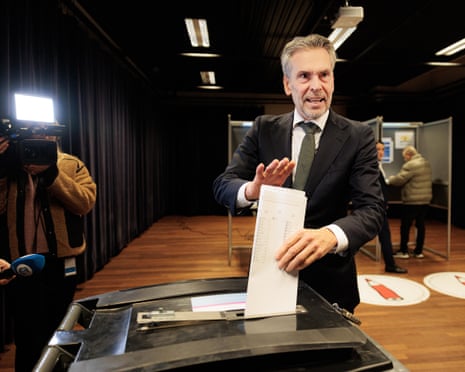
He spoke about the enthusiasm for the role and the responsibility he felt when leading the government in the “intense” buildup to the poll and which he will stay at the helm of until the new cabinet is formed, which is likely to take some time, or even some months.
He declined to say who he voted for, stressing that it wasn’t a difficult decision for him, and he could pick his candidate “with conviction”.
Schoof, an avid runner, said that since he has registered for the Sydney Marathon on 30 August 2026 in the aftermath of the government collapse, he hopes the new administration will be established well before then, enabling him to devote his attention to training and to step away from his official duties.
Anti-migration protest in Den Bosch on voting day
With migration and asylum issues dominating the election campaign, some people chose the polling day for staging an anti-immigration demonstration in Den Bosch.

In recent weeks, some social media accounts also urged people to fly the Dutch flag on the election day as a sign of protest against the government’s migration policy, media reported.

Party leaders cast their votes in Dutch elections – in pictures
As is customary for election days, let me bring you some pictures of key party leaders casting their votes, with at least two of them rocking up to the polling stations with their dogs.
VVD’s Dilan Yeşilgöz’s dog Moos was apparently very keen to speak to reporters outside the station, to the point of, erm, taking one of their microphone windshields as a toy.
Yeşilgöz said on X that Moos was just desperate to urge voters to back her party, but I am not entirely sure if that works from the dog’s point of view. Surely, more duties = fewer walks?
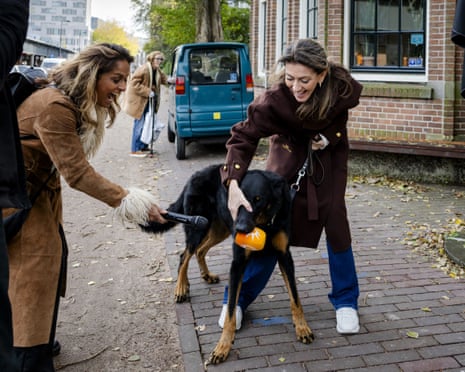
PvdA-GroenLinks’s Frans Timmermans also showed up with a dog.
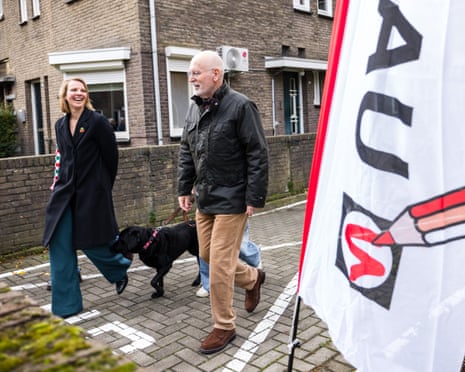
Meanwhile, here are more traditional pictures of PVV’s Geert Wilders, D66’s Rob Jetten, and NSC’s Eddy van Hijum.
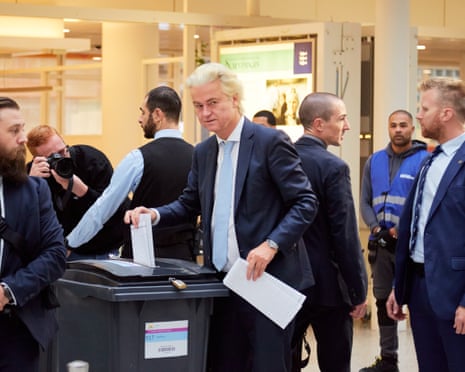
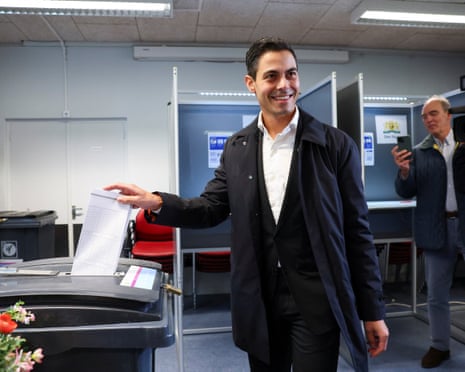
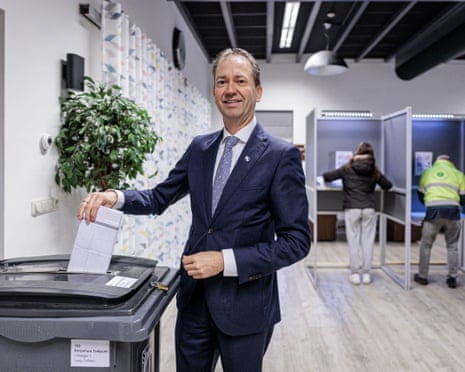

Senay Boztas
in Amsterdam
Some voters think that this is a referendum on the far right, and that the Dutch could lead the way in showing how a new wave of central politics can provide an alternative.
Taking a picture with D66 leader Rob Jetten on Sunday, D66 supporter Henri de Haan told me:
“You see nationalism in France, Belgium, Germany, England. Parties that play on these feelings.
I think that in the Netherlands we are a bit ahead because we have seen that an extreme right, divisive party, PVV, has exploited those feelings to win votes, they were the largest, they were in government and they have achieved precisely nothing.
That is good news: I hope that we have left it behind, and that we will be the first to do so in Europe – to leave behind the negative aspects of that nationalistic sentiment.”
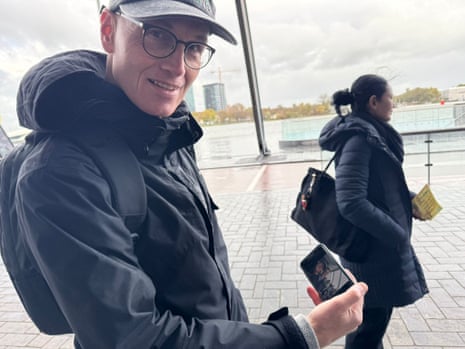
Parties make their messages too 'cerebral' while populists go for emotions - opinion

Senay Boztas
in Amsterdam
Roy Kramer, author of the book “Why Wilders does win” says language matters and Geert Wilders’ success is due to the way that he communicates.
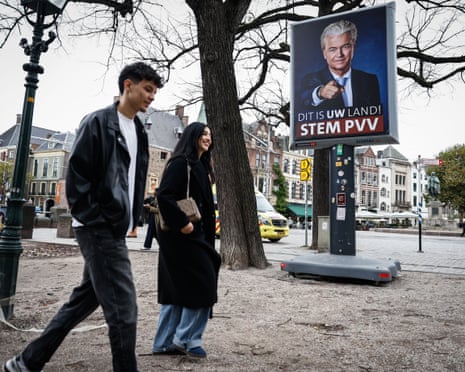
Speaking at the D66 liberal democratic conference earlier in October, he said centrist parties have been losing for the last 25 years not because of the arguments they make but because of how they make them.
“The democratic centrist parties have a tendency to make their message very cerebral, whereas populists make it very emotional, exciting, because it touches on taboos with a clear hero – themselves – and a clear enemy: the political elite,” he told the Guardian.
He said:
“And that type of storytelling, in very simple language that is very accessible, with short words and short sentences, with a large social-media reach, ensures that they just keep winning a lot of elections. They are simply more competitive.
Over the last fifty years, political parties have increasingly become a kind of gated community for the highly educated. With the best intentions, they tailor the story to themselves, while two-thirds of the population is not highly educated.
This book is not only about liberal parties, but also about socialist parties, or more moderate conservative parties. But I think that many people from the lower middle class and the middle class also have their values. Only, there is a kind of ‘lost in translation’ [situation].”
He continued:
“What I’m saying is: start with common sense, with the people in the middle.
Make the argument from their experiences, from their lives, and don’t make it from the one-third of the population that is higher educated. Because then you lose a lot of people.
Not because they don’t agree on the substance, but because they don’t identify with the people saying it and can’t relate to the stories.
I’m really worried that the populists are taking over and winning election after election in all of Europe, also in Japan, also in the US. I think we should discuss openly how we can win seats back.”

 1 month ago
1 month ago
